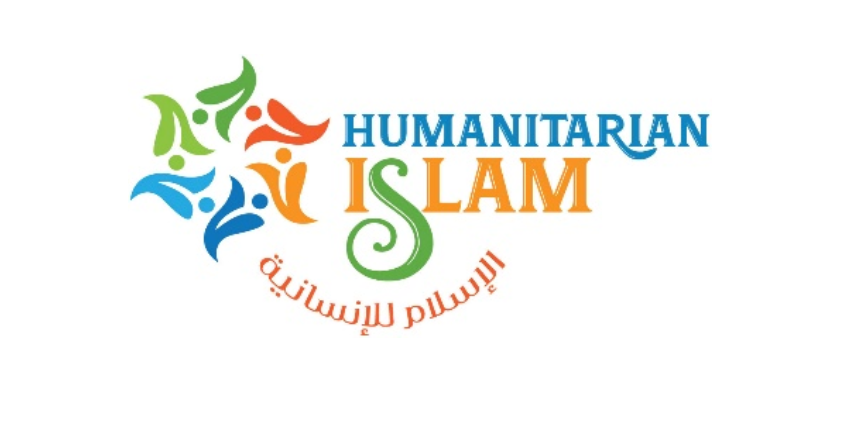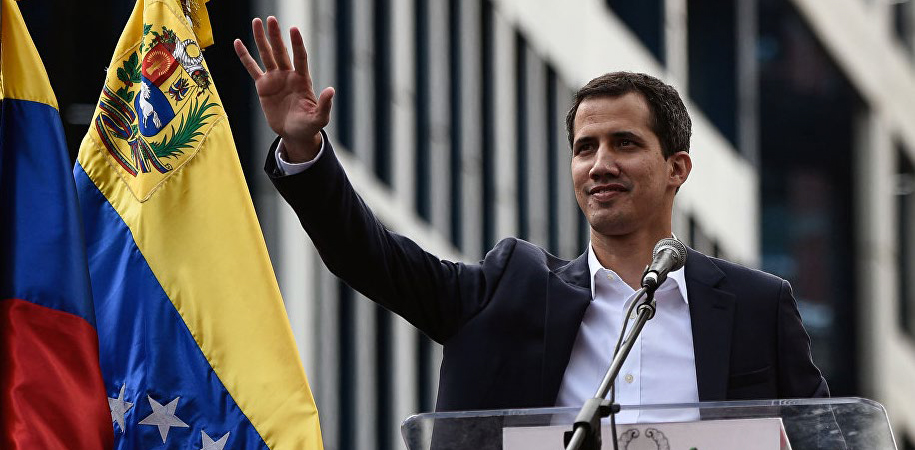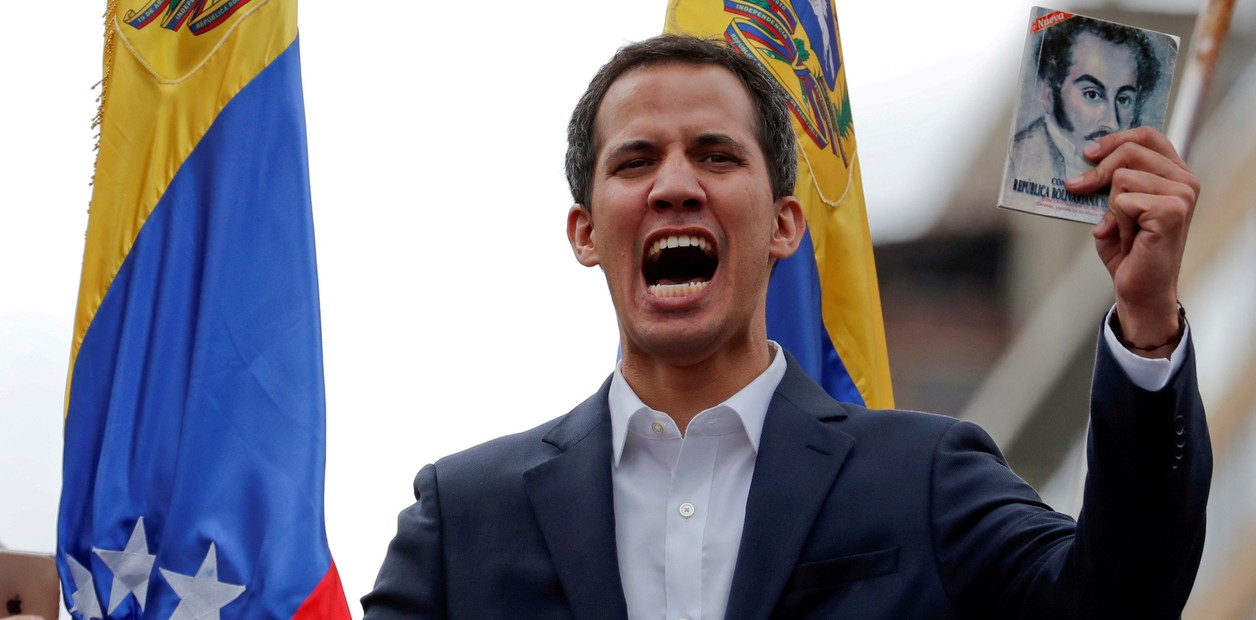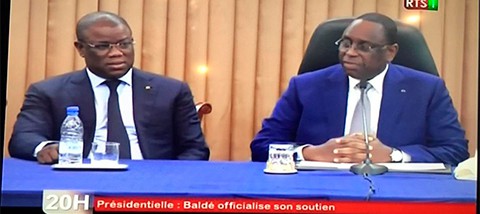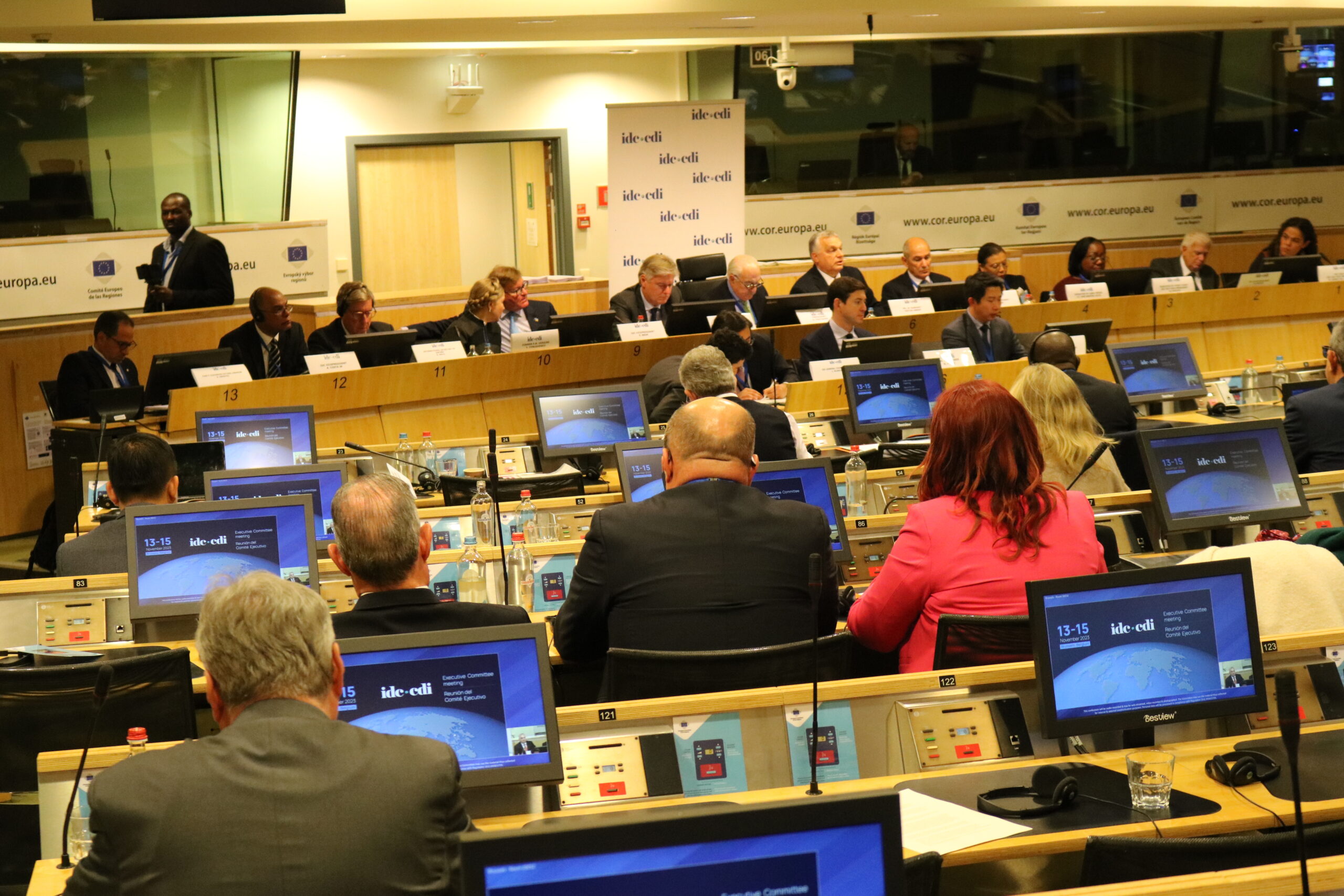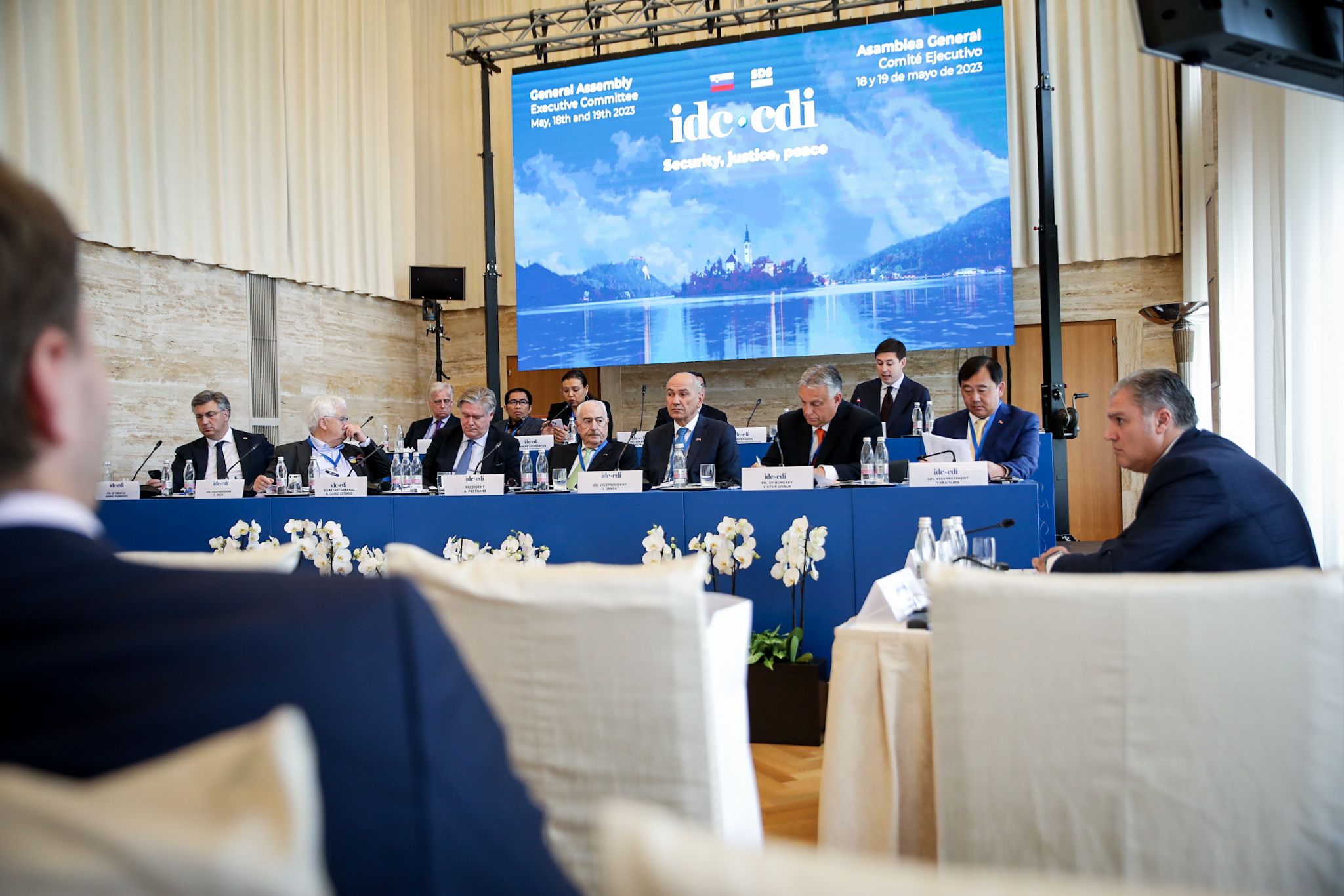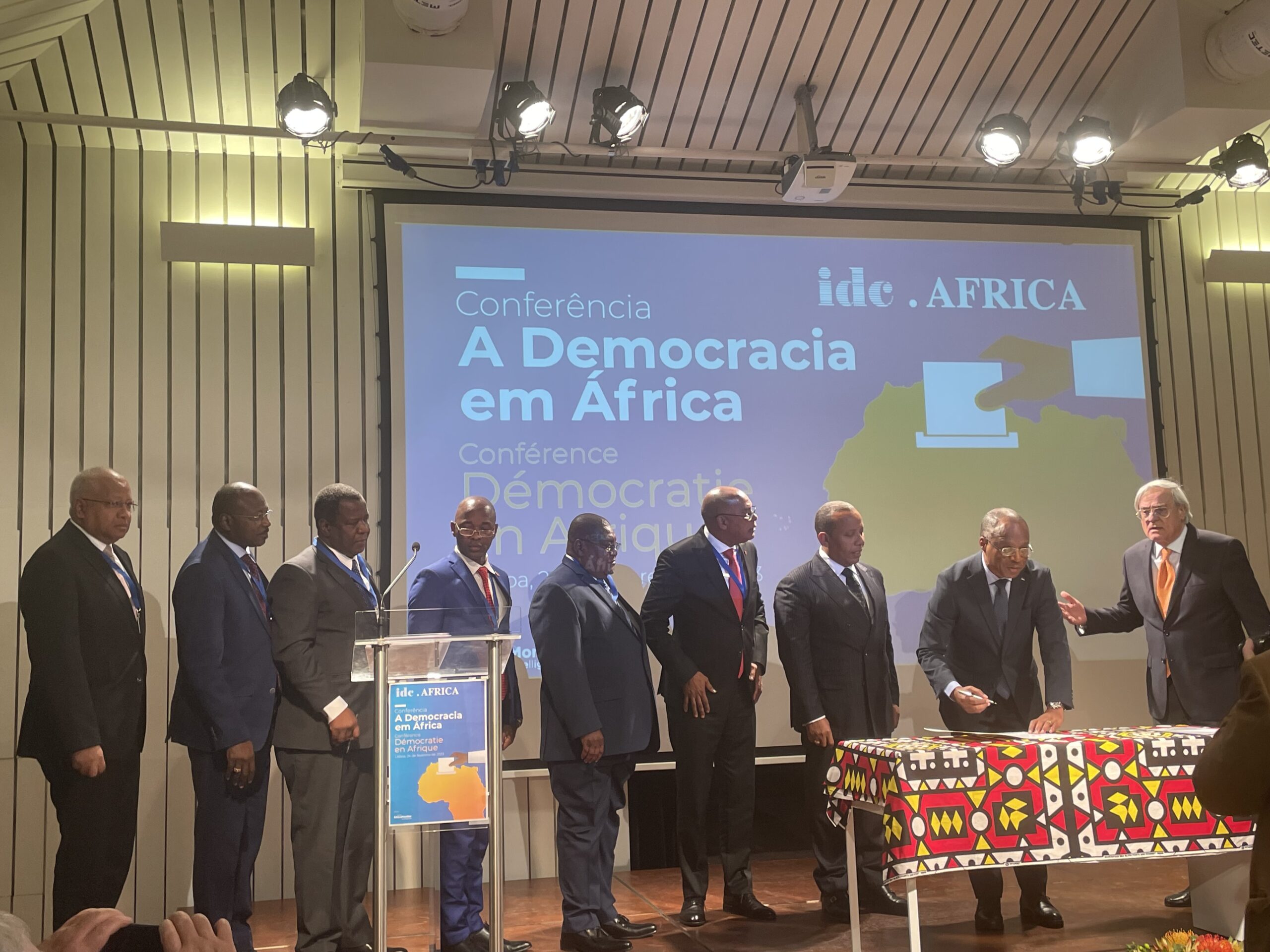Statement by Indonesia’s National Awakening Party
in response to remarks by President Recep Tayyip Erdogan of Turkey
regarding the conversion of Hagia Sophia into a mosque
JAKARTA, Indonesia: On 21 July 2020, Indonesia’s largest Islamic political party issued an appeal to Muslims and people of good will of every faith and nation, to prevent the weaponization of religion for political purposes. Responding to inflammatory remarks by President Erdogan of Turkey, the National Awakening Party (PKB) warned that “the rules-based international order is under severe stress, challenged by the emergence of authoritarian, civilizationist states that do not accept this order, whether in terms of human rights, rule of law, democracy or respect for international borders and the sovereignty of other nations.’
The PKB statement comes in response to an Arabic-language tweet, in which President Erdogan summoned Muslims “in every corner of the earth” to follow Turkey’s lead in reawakening the Islamic nation, or ummah, which was largely united under the political and military leadership of a caliph from the 7th century CE until the dissolution of the Ottoman Caliphate in 1924.
As PKB Chairman H. Muhaimin Iskandar warned members of the world’s largest political network, Centrist Democrat International (CDI), in January of 2020 at the CDI Eurasia Forum in Yogyakarta, Indonesia: “When religions are deliberately placed upon a collision course, it becomes extremely difficult to prevent universal conflict, for every religion claims to espouse a universal mission. When various religious groups live side by side, closely intermixed, religious conflict will inevitably provoke social unrest and violence, which in turn will lead to widespread enmity or even the expulsion of minorities unable to defend themselves, something that we can clearly see happening in various parts of the world today.”
President Erdogan has defended the conversion of Hagia Sofia into a mosque by citing Turkey’s right, as a sovereign nation state, to do as it pleases with the former Orthodox Christian cathedral. However, Erdogan’s statements to the Muslim world belie this argument. His remarks, in Arabic, are attacking the rules-based international order; inflaming emotions “wherever Muslims dwell throughout the earth”; and threaten to rekindle a clash of civilizations that afflicted humanity for nearly 1300 years, along a fault line stretching “from Bukhara (in Central Asia) to al-Andalus (Spain).” The effects of President Erdogan’s words and actions thus extend far beyond Turkey’s borders and threaten both Muslim-majority and non-Muslim nations worldwide.
This may be clearly seen by the fact that Erdogan’s statements were swiftly endorsed by the Muslim Brotherhood, Iran and a wide range of Islamic supremacists worldwide, including Indonesian Muslims who seek to transform the multi-religious and pluralistic Republic of Indonesia into an Islamic State or caliphate.
Erdogan’s remarks also threaten peace and security in Europe, the Middle East and Africa, where similar narratives employed by al-Qaeda, ISIS, al-Shabab and Boko Haram have led to countless terrorist attacks and produced millions of refugees. In February of 2019, at a gathering of some 20,000 Muslim religious scholars, Nahdlatul Ulama (NU)—the world’s largest Muslim organization, with over 90 million followers—endorsed the 2017 Gerakan Pemuda Ansor Declaration on Humantarian Islam, which states:
The Islamic world is in the midst of a rapidly metastasizing crisis, with no apparent sign of remission. Among the most obvious manifestations of this crisis are the brutal conflicts now raging across a huge swath of territory inhabited by Muslims, from Africa and the Middle East to the borders of India; rampant social turbulence throughout the Islamic world; the unchecked spread of religious extremism and terror; and a rising tide of Islamophobia among non-Muslim populations, in direct response to these developments.
Most of the political and military actors engaged in these conflicts pursue their competing agendas without regard to the cost in human lives and misery. This has led to an immense humanitarian crisis, while heightening the appeal and dramatically accelerating the spread of a de facto Islamist revolutionary movement that threatens the stability and security of the entire world, by summoning Muslims to join a global insurrection against the current world order.
In the midst of these circumstances, it is the height of irresponsibility for Recep Erdogan to further inflame Muslim emotions in pursuit of his domestic political agenda and to serve as a cover for his violation of international norms—by drilling for natural gas within the territorial waters of Cyprus and Greece; supporting al-Nusra (an affiliate of al-Qaeda) in Syria; and intervening in the Libyan conflict on behalf of the Islamist-dominated interim government—in an effort to enhance Turkish regional power and assert maritime rights in the eastern Mediterranean.
As Indonesia knows from its colonial history—and from recent efforts by China to claim “traditional fishing rights” within Indonesia’s territorial waters near the island of Natuna—President Erdogan’s actions and statements threaten to return human relations to a Hobbesian state of nature, in which the law of the jungle prevails. For if international law is no longer the yardstick for governing disputes between nations, any country that is sufficiently powerful may seize lands or waters internationally recognized as belonging to a smaller nation, and defy the weaker power to assert its claim by force.

